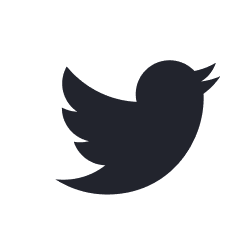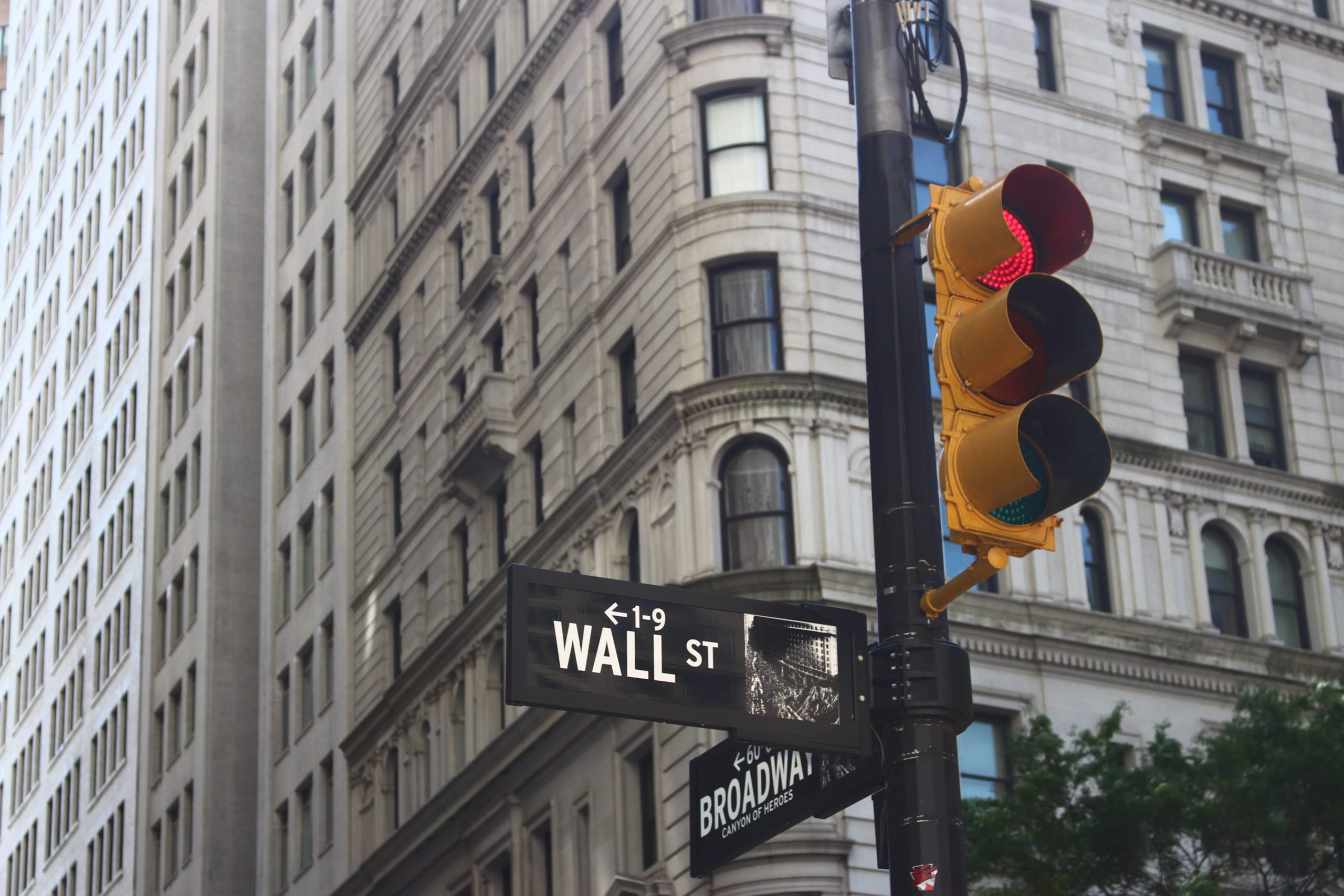GBP: Bank of England meeting this Thursday
EUR: Vaccine foul-up hobbles euro
USD: Stimulus conversations need to speed up
Sterling
Sterling once again melted yesterday under the glare of a stronger dollar, giving up prices in the 1.37s by lunchtime and spending the rest of the day trying to recover. Yesterday’s manufacturing sentiment index fell back to its lowest level since October, highlighting the issues that SMEs are facing within international trade and their supply chains.
We expect similar news from the services sector tomorrow that will add to the pallor of that part of the economy that is the most hard hit by lockdowns.
Euro
Once again, the euro’s resilience is encouraging this morning given the job lot of negative factors that are hitting the Eurozone at the moment but we have to wonder how much more of a beating the single currency can take.
Comments from the European Central Bank are playing on the belief that while there is always more room to cut interest rates once you have gone negative, there is little value in doing so and so those threats are merely idle.
Italian political pressures have not dissipated fully either and a combination of those, continual issues over vaccine fulfilment and our expectations of weaker data by the end of the week could herald a EURUSD run towards 1.20 and GBPEUR close to 1.14.
US dollar
The dollar’s strong start to the year is becoming a story of resilience, coupled with being able to overcome currencies that simply do not have the strength to move higher – both the pound and euro fall into this camp currently.
In the longer-term, our calls for a stimulus led expansion of USD supply should allow for the USD to maintain its downward arc throughout the year but we can’t fire that starting pistol on that until the messages out of Washington are more complete than they are now.
Until then, the dollar’s downfall is on hold.
Elsewhere
Despite an increase an unexpected increase in QE by the Reserve Bank of Australia overnight to the tune of AUD $100m, the Aussie dollar is tracking higher this morning. This will extend the current plan of bond purchases past the original April deadline.
Echoing what a lot of central bankers are going to be saying for months, the Governor of the RBA told reporters “The board will not increase the cash rate until actual inflation is sustainably within the 2 to 3% target range. For this to occur, wages growth will have to be materially higher than it is currently. This will require significant gains in employment and a return to a tight labor market. The board does not expect these conditions to be met until 2024 at the earliest.”
Have a great day










